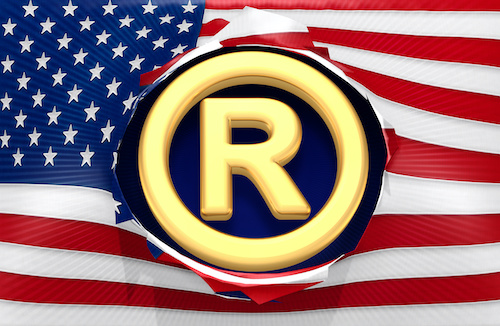UKIPO Issues New Trademark Guidance on NFTs, the Metaverse and Virtual Goods
“While the UKIPO’s recent guidance provides welcome clarity on its current approach, the Office specifically notes the fast-moving nature of the technological landscape and the ongoing need to review and update the guidance as the technology evolves.”
On April 3, 2023, the UK Intellectual Property Office (UKIPO) issued much needed guidance on how digital goods and services – namely non-fungible tokens (NFTs), virtual goods, and services provided in the metaverse – should be classified for trademark purposes.
NFTs
The UKIPO defines an NFT as “a unique unit of data (the only one existing of its type) that links to a particular piece of digital art, music, video etc. and that can be bought and sold.” An example of an NFT is the first ever Tweet, which was sold by Jack Dorsey, co-founder of Twitter, for $2.9 million.
The UKIPO states that the term “non-fungible token” is an insufficient specification. An NFT is inextricably linked to the associated asset and, without reference to that asset, the terminology is inherently vague. Instead, wording specifying the asset and noting that it is authenticated by an NFT should be used; “digital art authenticated by non-fungible tokens [NFTs]”, for example.
NFTs should be registered in class 9, which specifically includes ‘downloadable digital files authenticated by non-fungible tokens’. However, since NFTs can relate to both physical and virtual assets, physical goods clearly defined as being authenticated by NFTs will also be capable of registration in the classes relevant to the goods themselves. So, for example, ‘shoes authenticated by NFT’s’ could be registered in class 25.
Virtual Goods
Virtual goods are intangible items that represent real life assets. They are traded in online communities or games. An example is the virtual Gucci bag that recently sold for $4,000 on the gaming platform Roblox.
The UKIPO has taken the opportunity to clarify a question raised by many IP professionals and brand owners: should virtual goods be registered in the classes applicable to their physical equivalent, or elsewhere? Since virtual goods are comprised entirely of data, the IPO considers that they should be registered in class 9, regardless of the nature of the underlying goods.
The position regarding specifications for virtual goods mirrors that for physical ones. The term “virtual goods” is too vague; to proceed to registration, the virtual goods must be clearly defined. The UKIPO gives the terminology “downloadable virtual clothing, footwear, or headgear” as an example of an acceptable specification in these cases.
Virtual Services, Including Those Provided in the Metaverse
Since the pandemic, many services traditionally offered in person, such as training, have been provided online. The UKIPO has confirmed the appropriate class for a virtual service to be the one for the corresponding real-life service. The specification should refer to the services and the fact that they are delivered online. ‘Education and training services delivered by virtual means [class 41]’is given by the IPO as an example.
The UKIPO defines the metaverse as “a form of digital reality, where people can access virtual worlds and interact with others.” An example of the metaverse in action is the game “Fortnite”, where players create their own virtual world and share experiences with other players, such as attending concerts hosted by well-known musicians.
The UKIPO recognizes the potential for services offered in person or online to be delivered through the metaverse and confirms that they will be treated in the same way. So, the relevant class will be the one relevant to the underlying service, and the wording should refer to both the service and the mode of delivery – “conducting interactive auctions via the metaverse [class 35]”, for example.
The UKIPO notes, however, that this approach may not work for all metaverse services. For example, the sale of food or drinks in the metaverse will not be considered the same as in real life, so class 43 would not be appropriate. Instead, the IPO considers that such services may be more suitable to class 41, since they represent general “entertainment services”, namely providing a virtual reality or gaming service.
The Challenge of Change
We live in an increasingly digital world, and brands wishing to interact with their consumers must do so both in real life and virtually. The sale of the virtual Gucci handbag and the popularity of Fortnite’s concerts indicate an increasing consumer demand for virtual goods and services and highlight the need for businesses to protect their brand identity in the virtual world.
While the UKIPO’s recent guidance provides welcome clarity on its current approach, the Office specifically notes the fast-moving nature of the technological landscape and the ongoing need to review and update the guidance as the technology evolves. In these circumstances, identifying the relevant trademark classes and drafting clear, accurate specifications, remains a challenge for brand owners and IP professionals.
Image Source: Deposit Photos
Image ID: 532845716
Author: kate3155
Lindsay Gledhill
Lindsay Gledhill is the head of the Intellectual Property team at Harper James. She has specialized in intellectual property exploitation and dispute resolution since 1997. Lindsay supports IP-rich firms who […see more]







